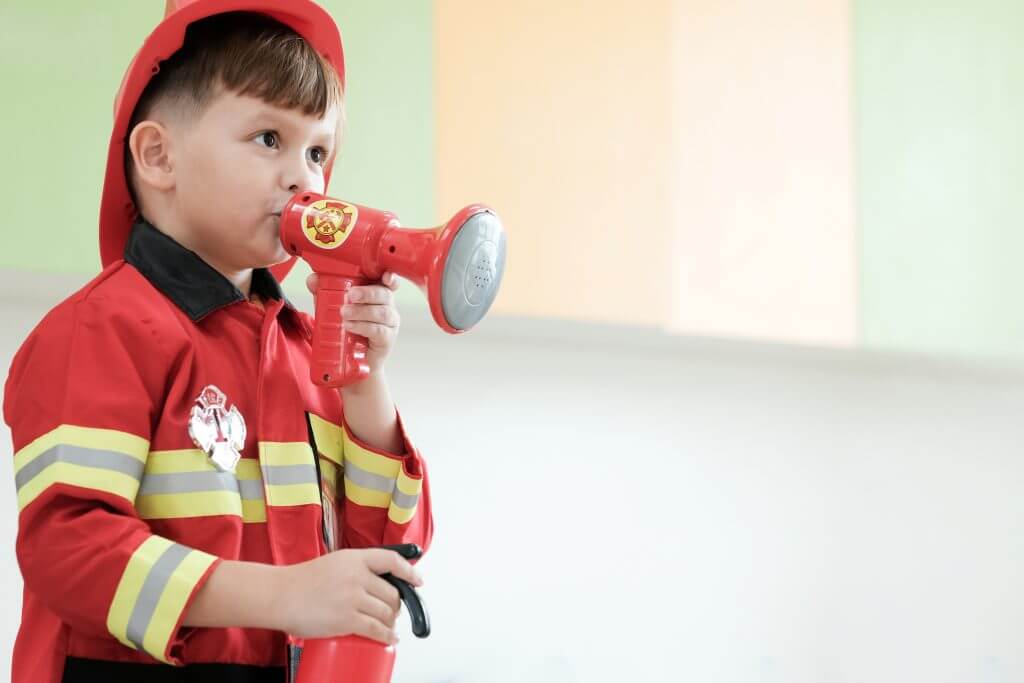Problems Faced
Families Need Help With Specialized Problems

MILITARY FAMILIES
Since 9-11-2001, more than 17 years, the average warrior exceeds two concurrent years away from home, putting huge stress on families. The Rand Corporation noted the top problems reported were relationship issues.
- Marital problems related to deployment and military service are many, including:
- Struggles related to service-caused PTSD, anxiety, moral injury or depression;
- Caregiving challenges and adjustments if a service member is injured;
- Feelings of isolation or resentment on the part of spouse at home;
- Infidelity related to long separations; and
- The “rollercoaster effect” of the ups and downs related to deployment and lifestyle.
This has resulted in divorce rates that are 42% above pre-2001 norms and a large number of returning veterans who are struggling with family relationship issues. Daily, Military Chaplains, Commanders and others wrestle with how to provide effective help and solutions.

FIRST RESPONDERS
Much as returning veterans are stressed, so are civilian Police, Firefighters, and Emergency Medical Response. These personnel are in need of help due to:
- Long shifts, odd hours, emergencies at any time of day or night disrupt family time and plans.
- Passionate about and dedicated to making a difference, first responders become absorbed in their work, harming relationships and bonds.
- Incredible emotional swings, going from zero to 100 in seconds, then trying to come back down from a stressful situation.
- An emotional rollercoaster, hyper-vigilance, and emotional numbness are only some of the factors that put marriages at risk.
- Low pay relative to the risk and responsibility add angst and argument to family budgeting and spending, in addition to frequent overtime or taking a second job.
- Adjusting from a state of hypervigilance in the field, to one of caring and compassion at home.
- A need to be in control while on duty (invincible) but struggling to become vulnerable with their spouse and children.
Ineffectively addressed and treated, these stresses lead to divorce, violence and high suicide rates.

THEIR CHILDREN
The children of both groups likewise are at high risk of psychological damage from the impact of the deployments, rollercoaster lifestyles and stresses experienced by their parents.
A 2009 study by Eric Flake, MD; Beth Davis, MD, MPH; and others identified “that one-third of military children are at “high risk” for psychosocial morbidity.”
The National Center for Child Traumatic Stress says children of military members often experience fear of a parent dying, fear of impending loss of friends and other relationships, and the uncertainty or reintegration if the returning parent has been physically or mentally injured.
These stresses can cause major issues in children when unrecognized and untreated.
